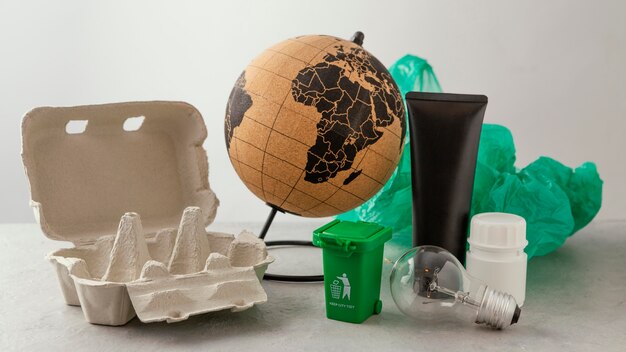
Sponsored article
In this day and age, efficiency plays a key role in our lives, and doing our part for Mother Earth is equally important. The selection of waste disposal bins might seem insignificant, but it has far-reaching implications not only on productivity but also on the environment. Through this article, we delve into the art of maximizing efficiency by choosing the right waste bins. We’ll discuss the importance of proper bin selection, present some smart strategies for waste disposal, and explore the environmental and cost impacts of our choices.
Understanding the significance of waste bin selection in efficient waste management is paramount. This selection process influences various aspects of disposal including waste collection and sorting, grounding its importance in optimizing waste handling. Key benefits of this approach are:
Moreover, with All Stars Disposal’s service offering, selecting the ideal bin size tailored to specific necessities is easily achievable. More information on optimizing bin sizes can be found here.
Adopting smart strategies for efficient waste disposal can significantly improve the cleanliness and sustainability of both public and personal spaces. A primary strategy involves selecting the appropriate waste bin types for specific waste forms. For instance, using lids or covered bins helps contain odors and pests, while bins with sorting compartments facilitate recycling. Speaking of recycling, it’s an indispensable part of waste management, not only benefiting the environment but also improving efficiency at the disposal stage. This involves segregating waste into recyclable, organic, and general waste bins. Thus, strategic waste bin selection coupled with recycling significantly enhances waste disposal efficiency.
Choosing the right waste bin can have both environmental and cost impacts. A mindful waste bin selection can significantly reduce our environmental footprint by promoting recycling and decreasing landfill. It can also lead to cost savings in waste management. For example, by selecting bins that properly segregate recyclable and non-recyclable waste, companies can reduce the amount sent to landfill, thus leading to lower waste disposal costs. Furthermore, some waste materials can be sold for recycling, providing additional savings. In addition to cost reduction, these savings play an essential role in achieving sustainability goals, as they contribute to resource conservation and reduction of greenhouse gas emissions. Factoring in the environmental impact and considering the potential cost impact, we must make informed decisions in our waste bin selection for optimal sustainability.